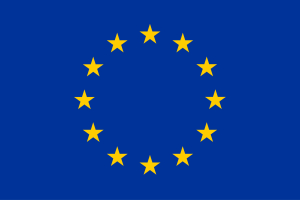Molecular surveillance and assessment of the host adaptation and virulence of Coxiella burnetii in Europe
- Project start: 01/03/2023
- End of project: 28/02/2026
- Main researcher: Ana Hurtado
- Department: Animal Health
- Funder: ERA-NET “International Coordination of Research on Infectious Animal Diseases” (ICRAD) through the State Research Agency – International Collaboration Projects (ICP) 2023
- Budget: 136,730 (NEIKER); 1,715,000 (Total)
- Partners: Moredun Research Institute (UK), Sciensano (BE), ANSES (FR), INRAE (FR), FLI (GE), Royal GD (NL)
Summary:
Our understanding of the extent to which Q fever manifestation depends on C. burnetii genotype is very limited. Due to variable and non-standardized methods, current typing provides little information. Whole genome sequencing offers an alternative to this, as it is more feasible to standardize and provides comprehensive information. Currently, only a few full-genome sequences of Coxiellaceae have been published, most of which are limited to old laboratory isolates. This is due to the often-difficult isolation of the pathogens from field samples.
In the consortium assembled here, experts in Q fever bacteriology, diagnostics and surveillance as well as genomics will create a biobank with as variable C. burnetii-positive sample materials as possible from different host species with as accurate metadata as possible. Isolation methods will be optimized within the project to obtain new and archived isolates for whole genome sequencing. Based on phylogenetic analyses, prototypes will be selected and phenotypically characterized in cell culture, Galleria mellonella larvae and whole blood stimulation assays.
The combination of geno- and phenotypic data should allow the identification of molecular determinants of host range and virulence. The combined project outputs will be translated into recommendations for molecular surveillance of C. burnetii.




